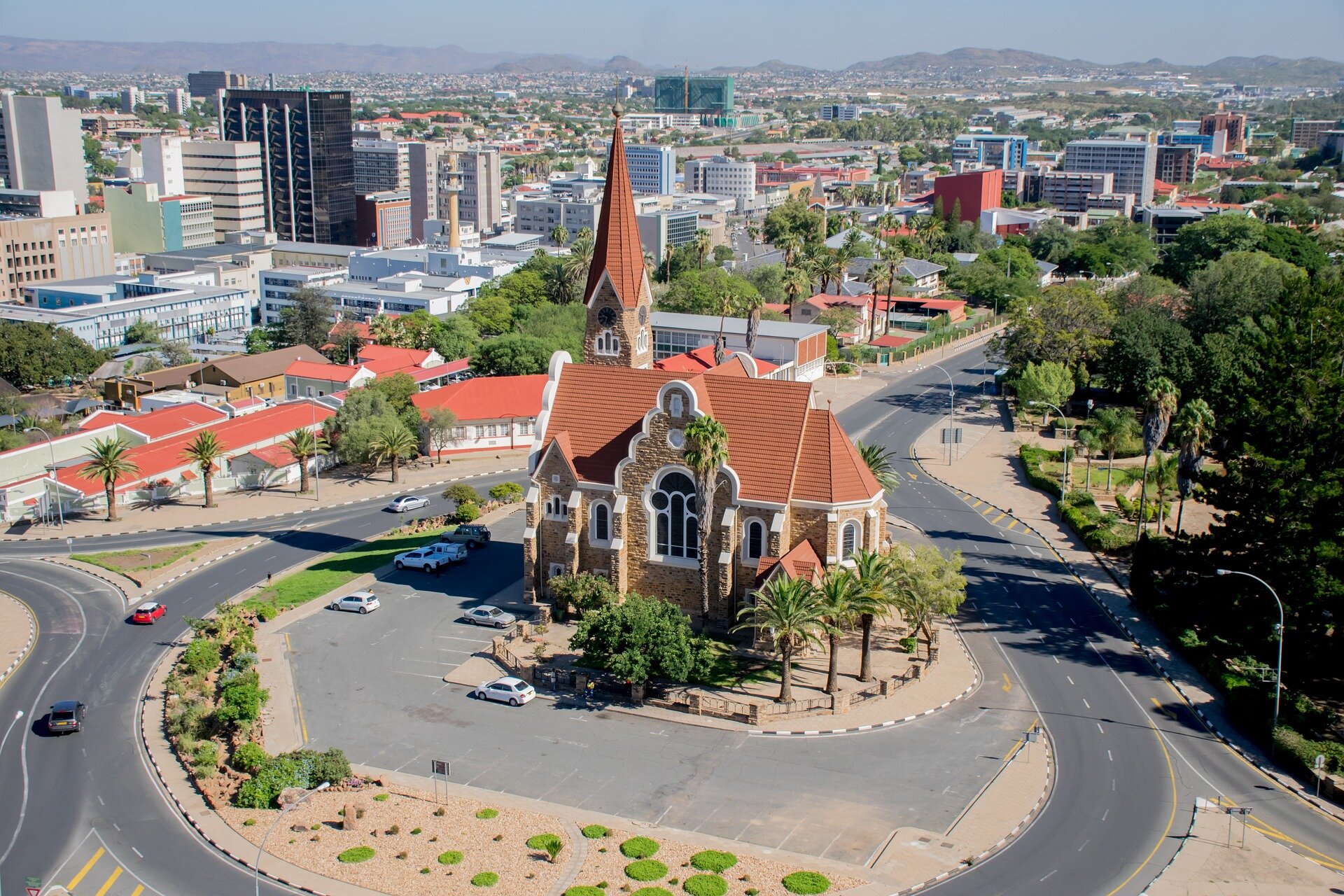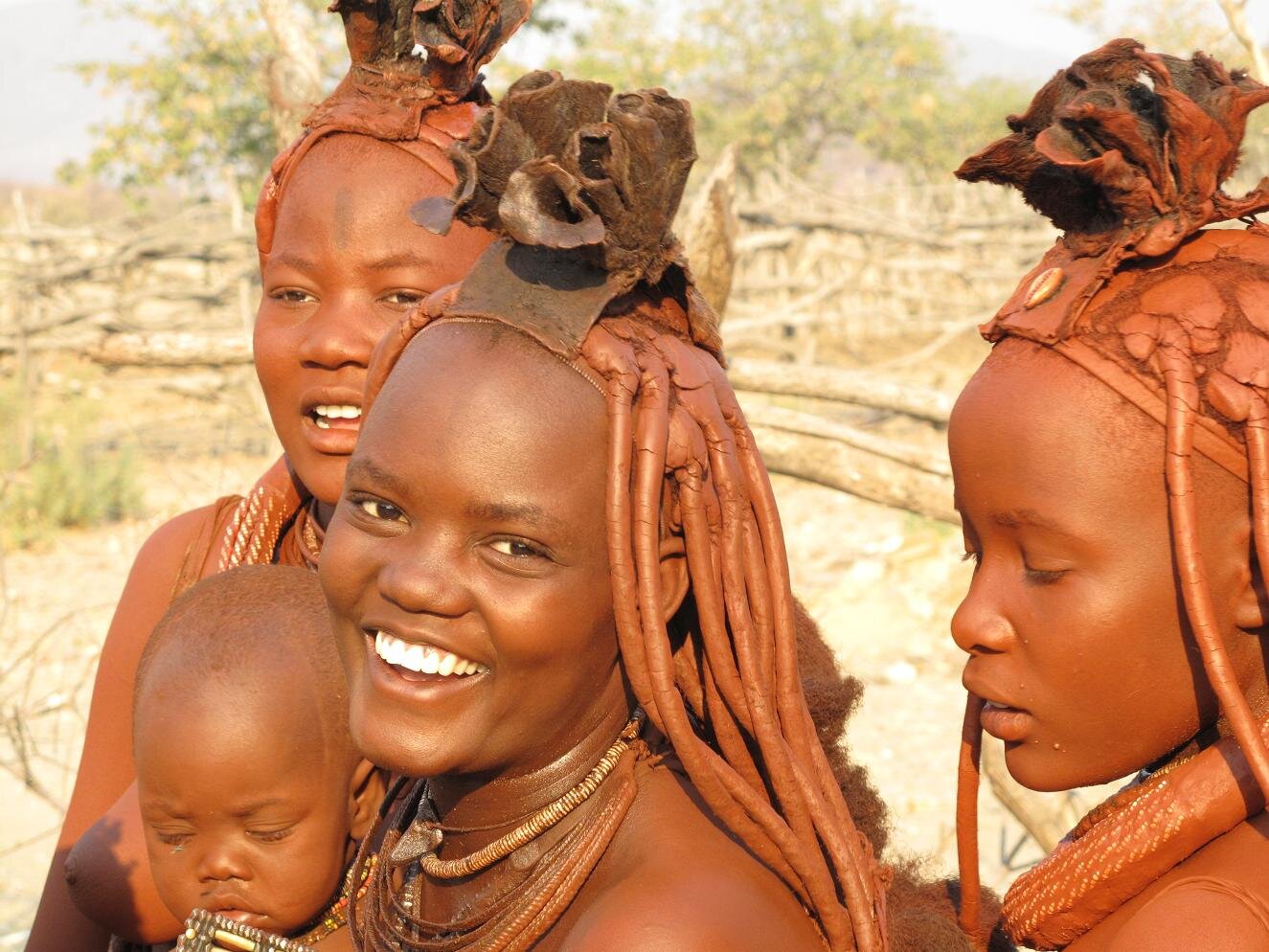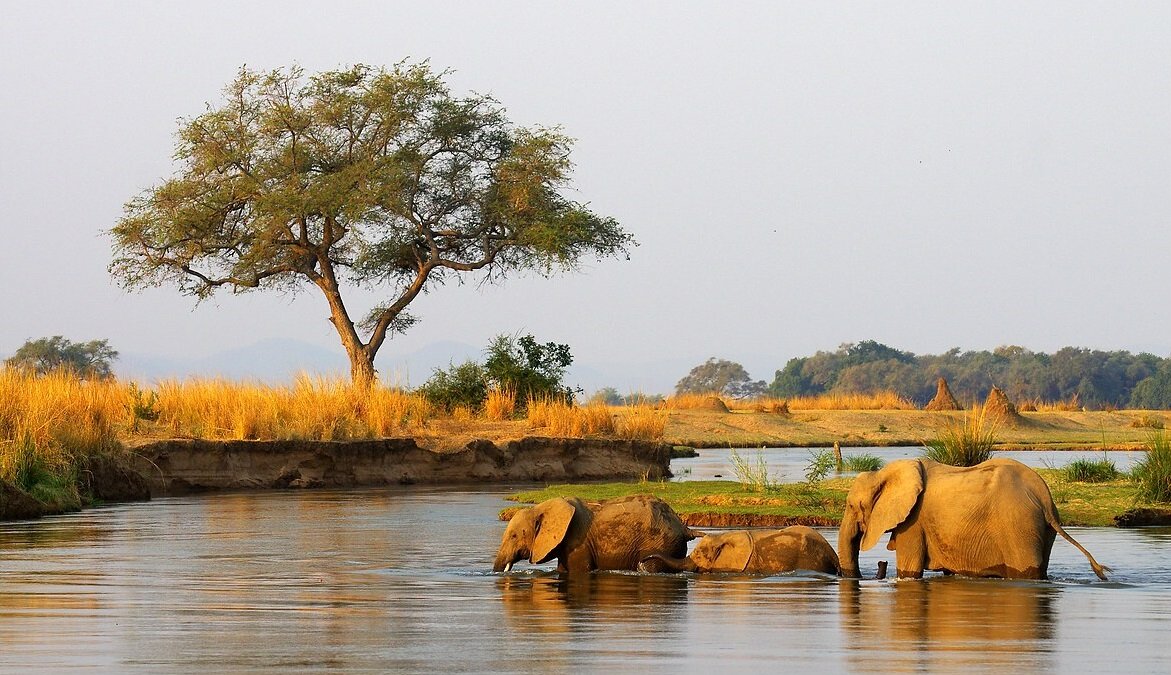
Windhoek, Namibia
FACTS
Founded: 1890
Head of Government: Mayor Job Shipululo Amupanda
Population: 230,000
Area: 5,133 km2
Main Industries: tourism, transportation, communication, agriculture, finance, and business services
RELATIONSHIP ESTABLISHED
1998 Sister City Agreement (PDF)
2020 Memorandum of Understanding (PDF)
ADDITIONAL INTERNET RESOURCES
Windhoek, Namibia
Dubbed "Cleanest City in Africa", Windhoek is the capital of the Republic of Namibia, one of Africa's most vibrant and successful sovereign states. Nestled in a basin surrounded by scenic mountains, Windhoek is a thriving active, administrative, commercial, and industrial center, serving as the melting pot and hub of most economic and technological developments and activities in the country. It is also the only city on the African continent that recycles water.
As the capital, Windhoek hosts the government and all ministries, as well as most headquarters of organizations active in Namibia and the Southern African Development Community (SADC) region. Namibia's financial center, the very active stock exchange, the insurance industries, and major educational facilities are all located in the city center.
Windhoek offers a wide range of investment opportunities, especially in the industrial development sector, with a large tract of land available for development, ideally situated for easy access to the main transport corridors. Other areas for potential investment include tourism, property development, manufacturing with particular reference to the assembly of products for export, food processing, and educational products, textile, clothing, shoes, electrical products, pharmaceutical and cosmetic products.
The city's excellent road and rail network offers convenient and easy access to important transport corridors such as the newly constructed Trans-Kalahari and Trans-Caprivi highways, which link Namibia with the rest of the SADC region and all major world markets through the deep-sea harbor of Walvis Bay. Two airports, the Hosea Kutako International Airport and the smaller inner-city Eros Airport handle domestic, regional, and international flights with cargo capabilities.










